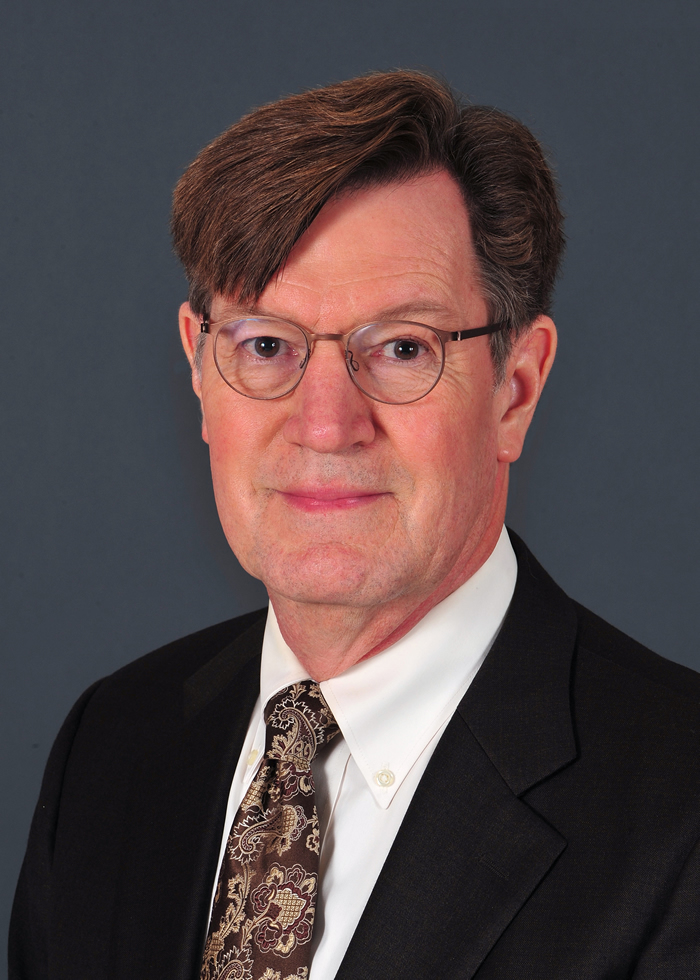
Richard Palmer, University of Massachusetts-Amherst, will present "Using Hydrologic Models to Estimate the Impact of Climate Change on River Flows, Water Supply Reliability and Ecosystem Responses" at 3:30 on Wednesday, Jan. 18, in the Hardin Hall auditorium. His talk is part of the Surface and Groundwater Modeling Sub-Series in the Spring Water Lecture Series sponsored by the Water Center, the School of Natural Resources, Environmental and Water Resources Engineering, and the Department of Earth and Atmospheric Sciences.
Abstract
The preponderance of evidence in the scientific community supports the premise that global climate is changing. The precise impacts of climate change on natural and man-made systems remain less certain. Estimation of climate change impacts on river flows, water supply reliability, and ecosystem responses requires the careful application of a variety of models including global or regional circulation models, decision scaling of this information, hydrologic models, and ecosystem response models. This presentation addresses all stages of this process, but focuses primarily on the application of hydrology models to this challenging problem. The presentation will begin with a brief description of forecasted impacts of climate change on the U.S. Next, techniques that appropriately translate these broad climate shifts to the watershed scale in a fashion useful for decision making are described. Our focus then turns to how best to select appropriate hydrologic models to estimate the impacts of these changes on future hydrology. This discussion will include a review of widely applied hydrologic models and a sampling of successful applications. The presentation concludes with examples of how outputs from hydrologic models have been used to estimate the range of impacts on water supply systems and ecological resources that are associated with forecast climate change. The presentation will address current limits of these techniques and suggests how these limitations may be overcome by the next generation of engineers and scientists.
More details at: http://go.unl.edu/n2c